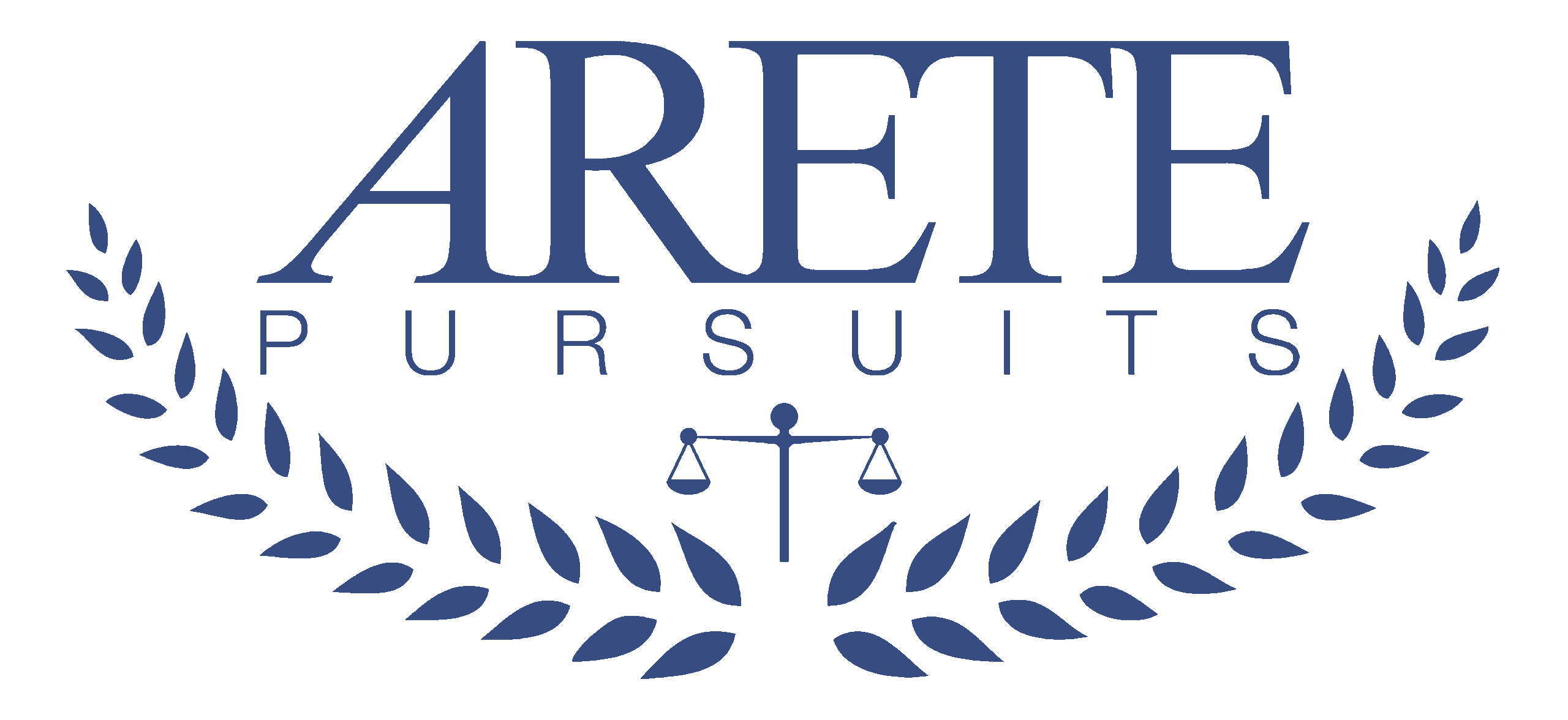One of the most effective leadership tools available to us is feedback. The old saying is, “It is better to give than to receive.” When it comes to feedback, I recommend we turn this adage on its head. By encouraging and gracefully receiving feedback, we create an environment that will make it easier for us to give feedback to others. Today we will begin to unpack this topic by exploring techniques to create an environment that encourages feedback.
As you read this post, I encourage you first to think of someone close to you who can give you more feedback. Think about how you can leverage these techniques to increase the feedback they give you.
Ask and Ye Shall Receive
Creating an environment that encourages others to give you honest feedback can be as simple as asking. Over the past week, how often have you asked someone for feedback? This could be feedback on your behavior, a particular work product you produced, or how you ran a meeting. The more you ask for feedback, the more comfortable people will feel approaching you to give you feedback even when you haven’t asked for it.
Here are several ways you can encourage this:
- When you’ve completed a significant project or deliverable, ask someone directly in a 1:1 conversation for feedback on your work.
- When you go on tour, let others know that you value feedback, and give them tips on how you like to receive feedback.
- In All Hands meetings with your broader organization, talk about the importance of honest, candid feedback, make it clear that you want that kind of feedback, and be open and receptive when it is offered.
- Use the terms “Reinforcing” and “Redirecting” instead of “Positive” and “Negative.” Some people will bristle at giving negative feedback. Redirecting feedback suggests you’re encouraging growth by redirecting towards a new behavior that will achieve better results.
In her book, Dare to Lead, Brené Brown offers many great insights on feedback. She notes that feedback requires vulnerability, and the more resilient you are, the more comfortable you will be receiving feedback. She offers three simple but powerful rules to follow that can help you encourage feedback:
- Start from a place of trust. To give or receive honest feedback, both parties must trust each other. Start with the people in your life where that trust already exists. My blog post on trust is an excellent place to start if you think you need to work on trust in a particular relationship.
- Start specific. When you ask for feedback, make it easy on the other person by giving them a clear, open-ended question. “What would have made that presentation more effective with this audience?” Word your question in a way that focuses on the situation, not the person. It’s more comfortable to offer feedback on improving the presentation than improving you personally.
- Don’t give up. Brown notes that this may be new territory in your relationship. It may take a few iterations for the two of you to get good at feedback with each other. Note what works and doesn’t, and fine-tune how you ask for feedback over time.
Walk The Walk
Remember that feedback is a gift. The more feedback you receive, the faster you learn and the more opportunities you have to grow. Now that you’ve created opportunities for others to give you feedback, the next challenge is gracefully receiving that feedback. You have asked for this feedback. If it stings and you react poorly, you’ve undermined the trust you worked so hard to build, and you are less likely to receive feedback in the future.
Newfield Network founder Julio Olalla says, “The right conversation in the wrong mood is the wrong conversation.” Here are some tips to prepare yourself to receive feedback in the right mood:
- Remind yourself in advance that the feedback may sting a little. If you expect reinforcing feedback and receive redirecting feedback, you may not react well.
- Remind yourself that feedback is a gift. This person is giving you insights into your behaviors that you can’t find alone.
- Empathize with the person giving feedback. It takes courage for them to provide you with honest feedback.
- If you have a role model you admire that gracefully receives feedback, keep them in mind as you receive and react to it. I like to imagine how the Buddha would respond to such feedback.
- Express your gratitude for the feedback. Ensure you leave the person who offered the feedback with a sense that it was appreciated and welcome.
My Feedback Stories
I’ll share two stories related to the gift of feedback in hopes they can inspire your situation.
In my early days of leadership at Datatel, I did not consider myself to be a strong presenter. I improved over time with much practice, and I aspired to attain “Liz Murphy-Level” presentation skills (anyone who has seen Liz Murphy present knows what I’m referring to – public speaking is one of her many talents). One of our colleagues, Kyran Kennedy, was also a gifted speaker, and I knew he was involved in Toastmasters. I approached Kyran one day and shared my desire to improve my presentation skills. I asked that he observe me anytime I was speaking and provide feedback afterward on what I did well and what I could improve. Kyran happily obliged and offered feedback to me every time he saw me present since that request. Although I have not seen him in years, I’m confident that if he were to see me present tomorrow, he’d find me afterward and offer his feedback. A straightforward request earned me countless opportunities to learn and grow.
The other memorable occurrence was after my first trip to our Bangalore office, not long after I became Senior Vice President of R&D for Ellucian. On the trip, I followed guidance from others who had traveled, stayed close to the office, and let them bring in lunches for me. I enjoyed my trip and fell in love with the teams. As I prepared for my second trip, Raja Saravanan reached out to me to offer some feedback. He shared that many of his Bangalore colleagues were disappointed that I had not experienced the culture. On my next trip, I traveled early and spent a weekend exploring Bangalore. It became my standard practice when making a trip to India. Through those experiences, I really fell in love with Bangalore. I am grateful for the trust and the friendship I formed with Raja that allowed him to offer that feedback to me – something I think many individuals would not have done.
Who are the Kyrans and Rajas in your world that can provide feedback to help you flourish? What are the missing conversations that will create a space that encourages that feedback?
Want to comment? Join the conversation on LinkedIn.

